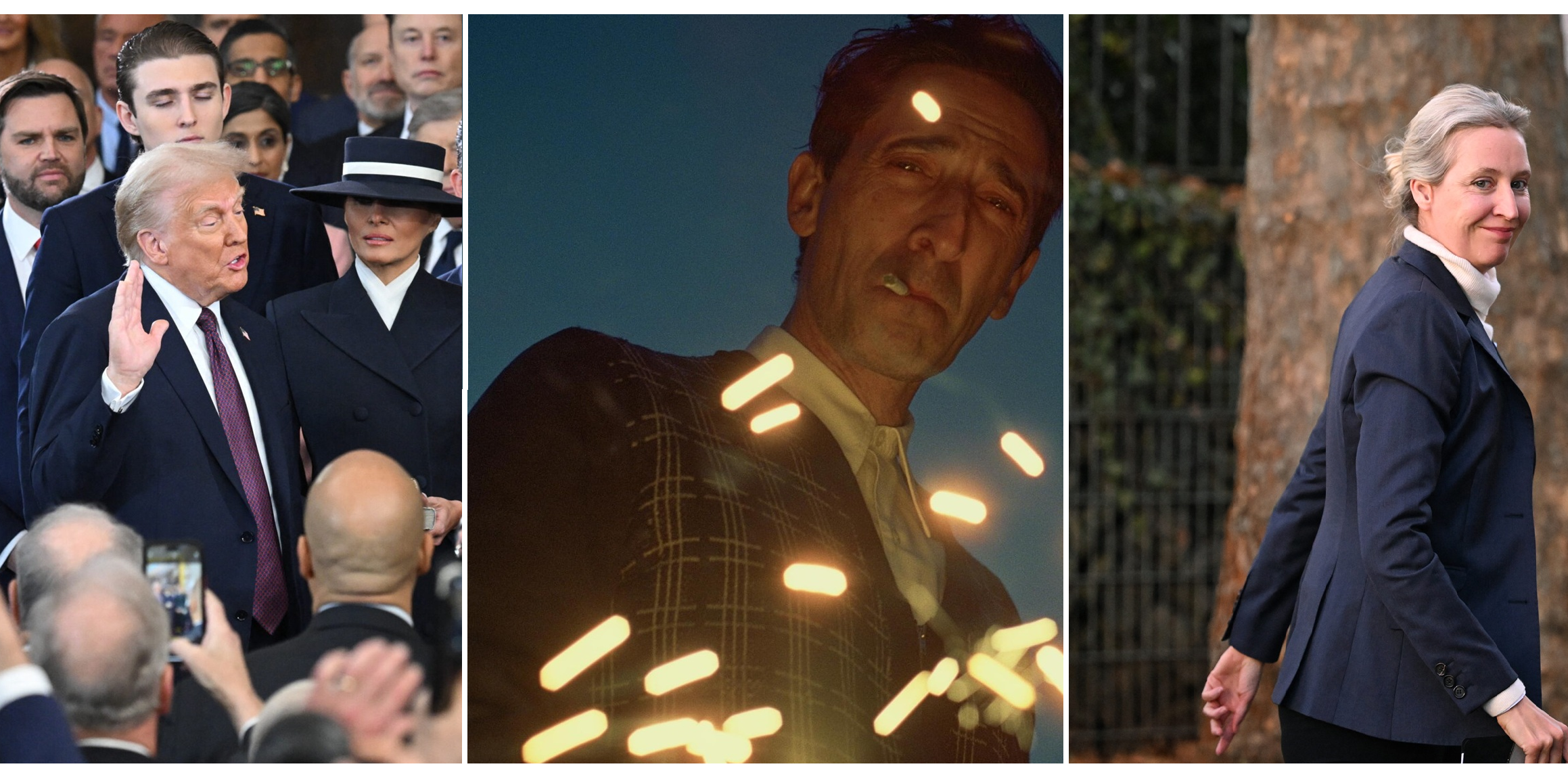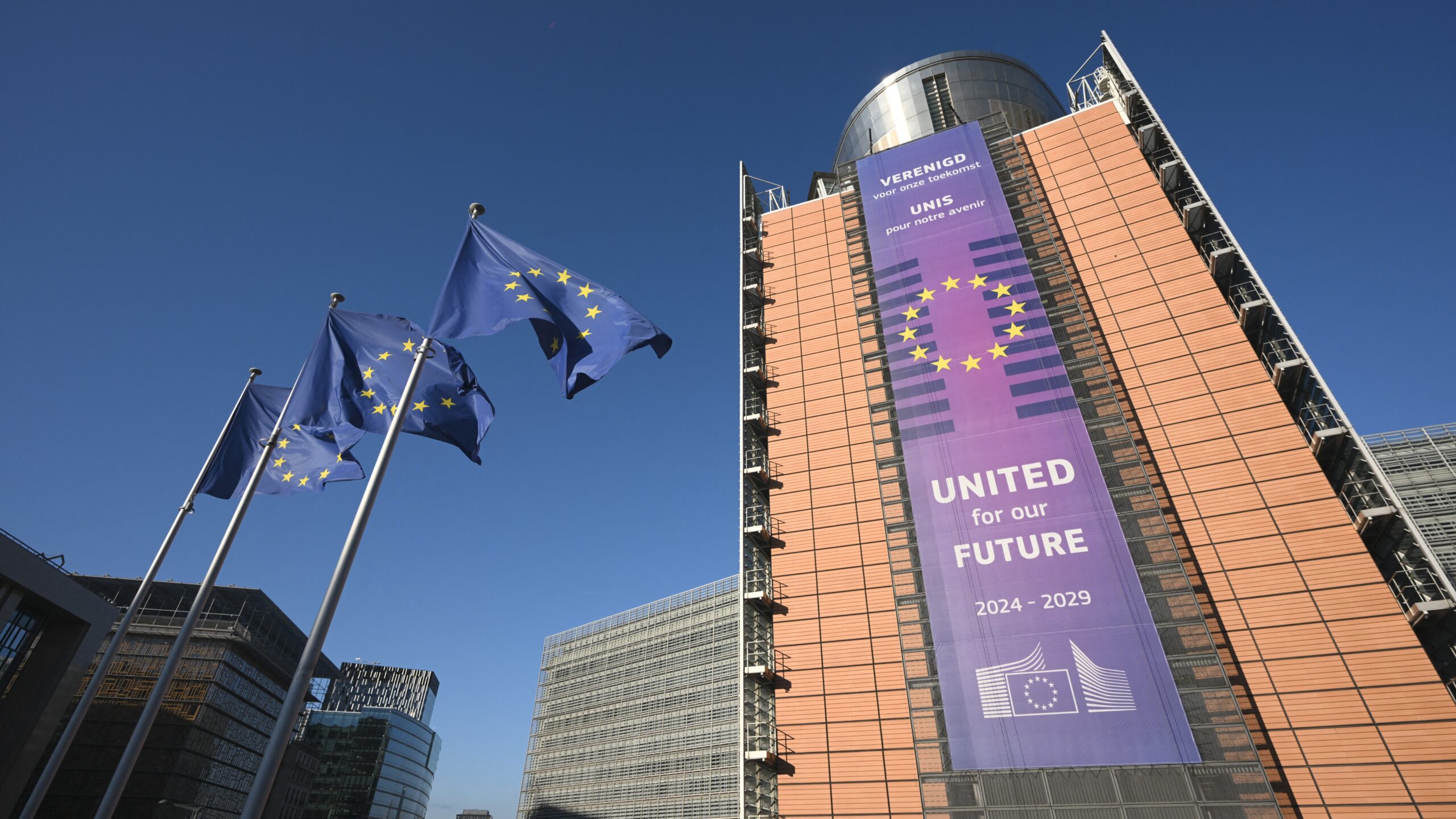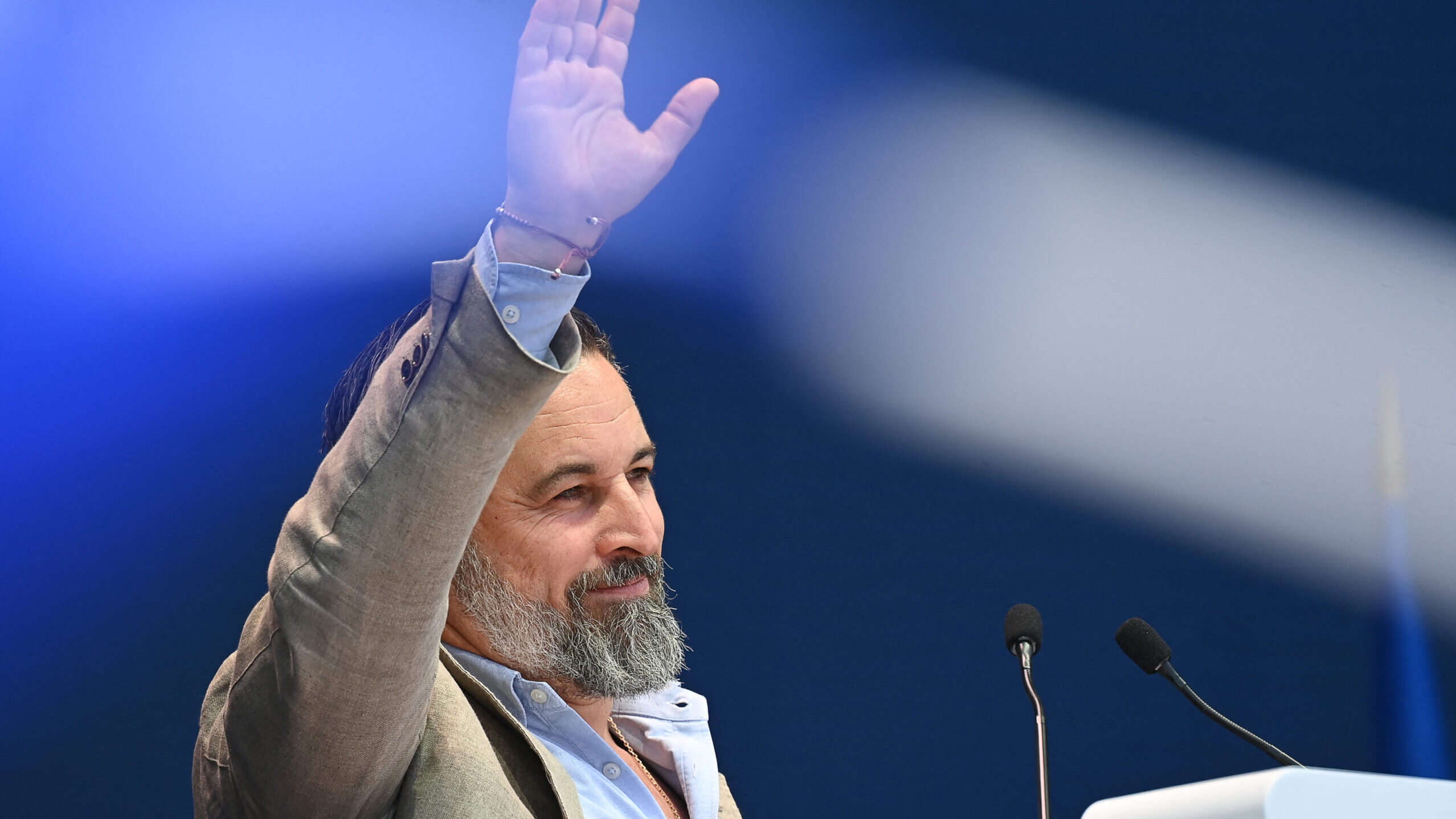
Hungary Names the Song Thrush Its Bird of the Year for 2026
The song thrush has been named Hungary’s Bird of the Year for 2026 following an online public vote organized by the Hungarian Ornithological and Nature Conservation Society, highlighting the species’ beauty, ecology and conservation challenges.









